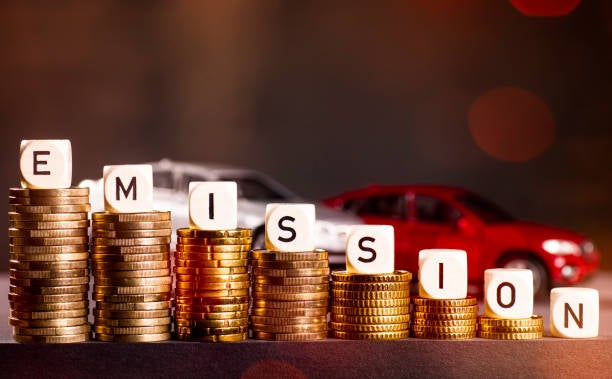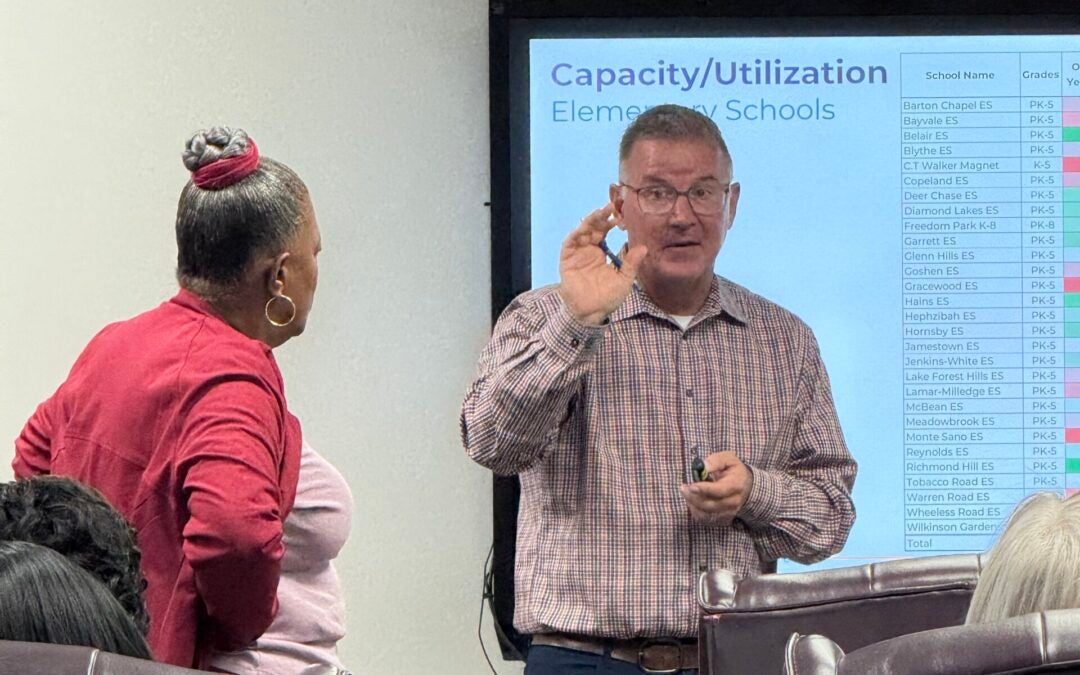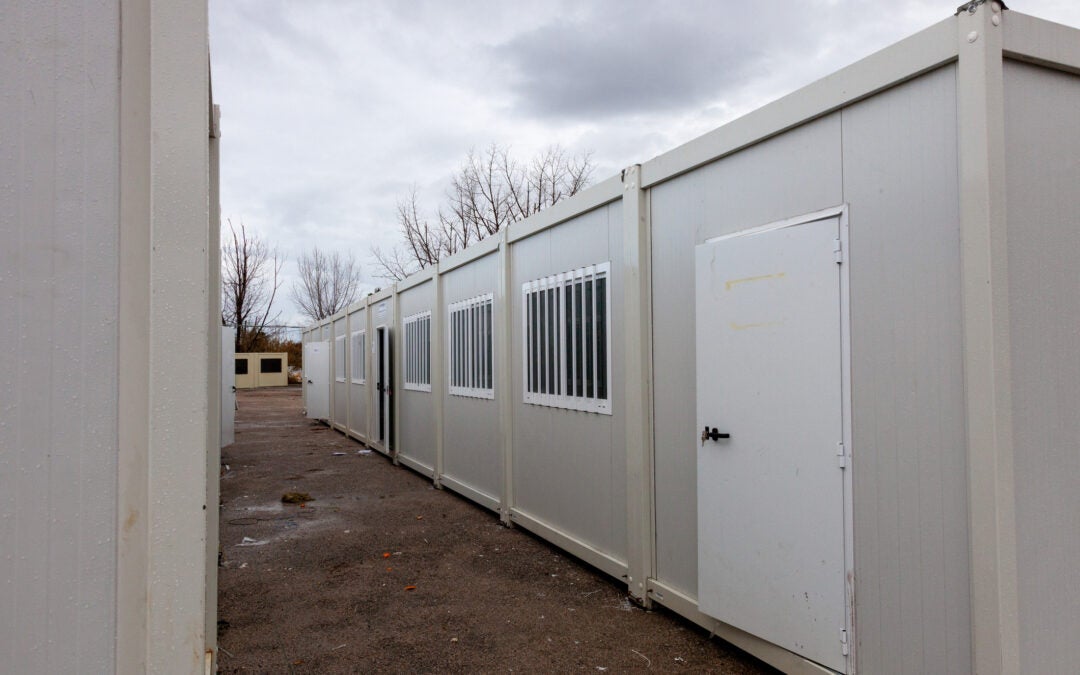New rules have been put into place regarding the emissions output of entire automotive product lines on March 20, according to a recent press event.
The 35-minute conference recorded by CBS outlined the new standards, the times when they take over the current rules and how they will be calculated. The announcements included speeches from the Environmental Protection Agency, automotive trade groups and non-government environmental associations.
The new standards will reduce carbon emissions by an estimated 7 billion tons a year, along with reducing oxides of nitrogen and soot particulate matter.
The rules will start with production year 2027 and ramp up until 2031. It is estimated that 28% of carbon emissions in the United States comes from the automobile industry according to EPA Director Michael Regan.
“The combination of pollution control technologies best suited for their customers is the sense of choice manufacturers will have at reducing the current pollution levels with new cars,” said Regan. “What this means is there will be an average level of emissions from an entire manufacturer’s line of cars that has to fit within a standard. If you make cars that pollute more than average, you will have to offer something that evens out that pollution, such as battery-only electric vehicles or hybrids.”
This stance isn’t new, as manufacturers have had to manage Corporate Average Fuel Economy standards since first enacted in 1975.
CAFE standards are also flexible, with manufacturers even rebadging import vehicles as their own that get better fuel economy across the spectrum of their offerings. CAFÉ standards were enacted in response to the oil embargo of 1974 to protect from oil supply issues, but has become more of a pry bar for emissions over the past few decades.
The United Auto Workers also were represented at this event but offered no speaker. A statement on their website, UAW.org, states that this will not cost and even add union jobs when enacted.
Regan said in his speech that he is “projecting an increase in US automotive manufacturing employment in response to these standards we are talking about today.”
This is the exact language government officials used when OSHA began imposing over-the-top regulations in the 1980s and 1990s; in that case, entire manufacturing segments moved overseas and to Mexico.
It was also stated that since Biden has taken office over $160 billion has been invested in clean vehicle manufacturing and over 100,000 jobs have been added. They did not expand on who was doing the investing or hiring.
To even out the speakers, John Bazella, CEO of the Alliance for Automotive Innovation, an automotive manufacturing trade association delivered a message to those willing to listen.
“In this business, you can never forget the customer,” Bazella warned.
If you are a part of automotive social media, you will certainly know that there are many people that want nothing to do with electric vehicles.
We have already seen a drop in EV sales in the past six months, so much so that automotive manufacturers are starting to cut back production and throttle factories. You can make all the EVs you want; but, if they are terrible, don’t have the infrastructure to operate like their fueled counterparts or are too expensive, no one is going to buy them.
Later in the presentation, Albert Gore (not Al Gore, the former vice president), executive director of the Zero Emissions Transportation Association, touted the virtues of EVs. On a stage, in front of EVs from Ford, GM, and Stellantis, he stated that the best-selling car in the world is a battery only EV and followed up with saying out of the top six most American made cars, five are EVs.
Gore neglected to name the models, but four of them were from the same manufacturer, whose name was not uttered one time in the entire 35-minute presentation.
Tesla, who sold 498,000 EVs in the US in 2023 seemed to be a taboo topic. While it is well known that Elon Musk isn’t loved in these types of circles, failing to give him credit for getting this ball rolling as fast as he did seems disingenuous.
Maybe Musk was invited and declined, as I’m sure he doesn’t want to be in the same room as the UAW is.
All this may be a waste of time anyway, as there is an election soon.
If Donald Trump wins over Joe Biden, I am sure one of the first things on the agenda will be to roll back many of Biden’s environmental initiatives with this being a big one. The political uncertainty must make it difficult for Automotive manufacturers to come up with a plan of attack before November.
As for me, I will see you on the road!











